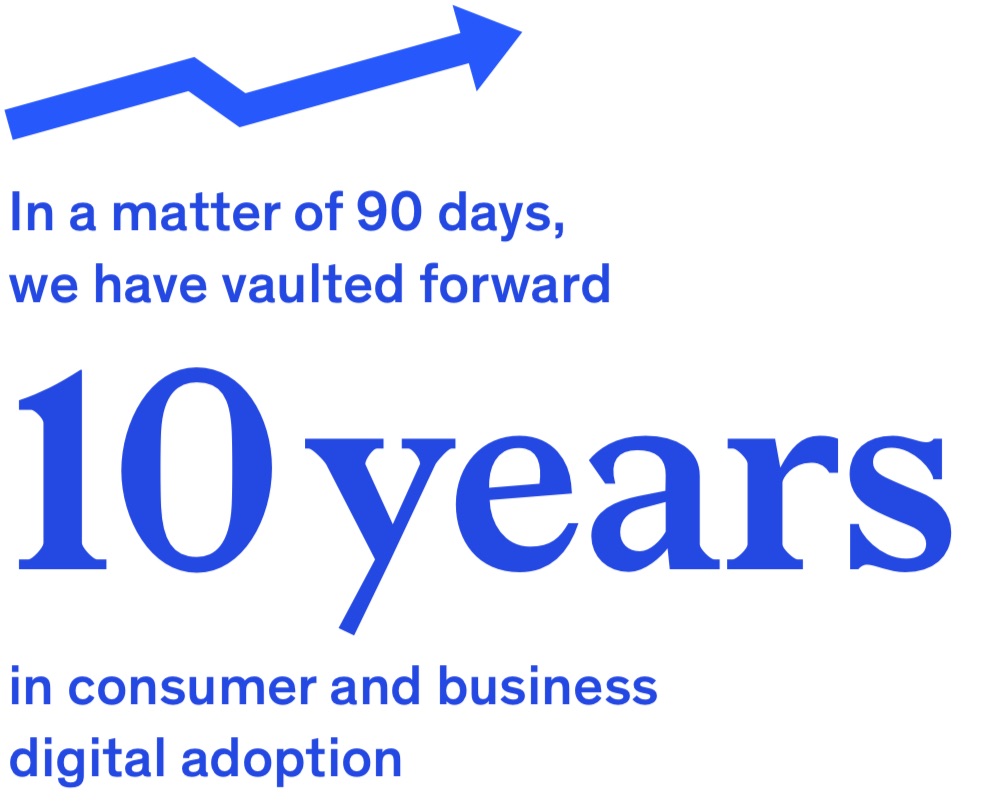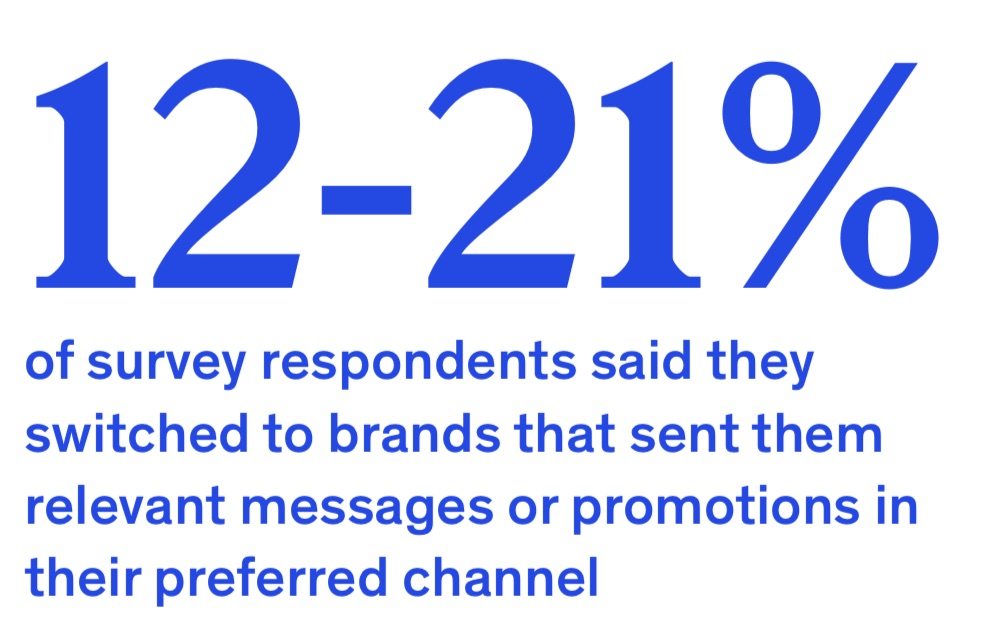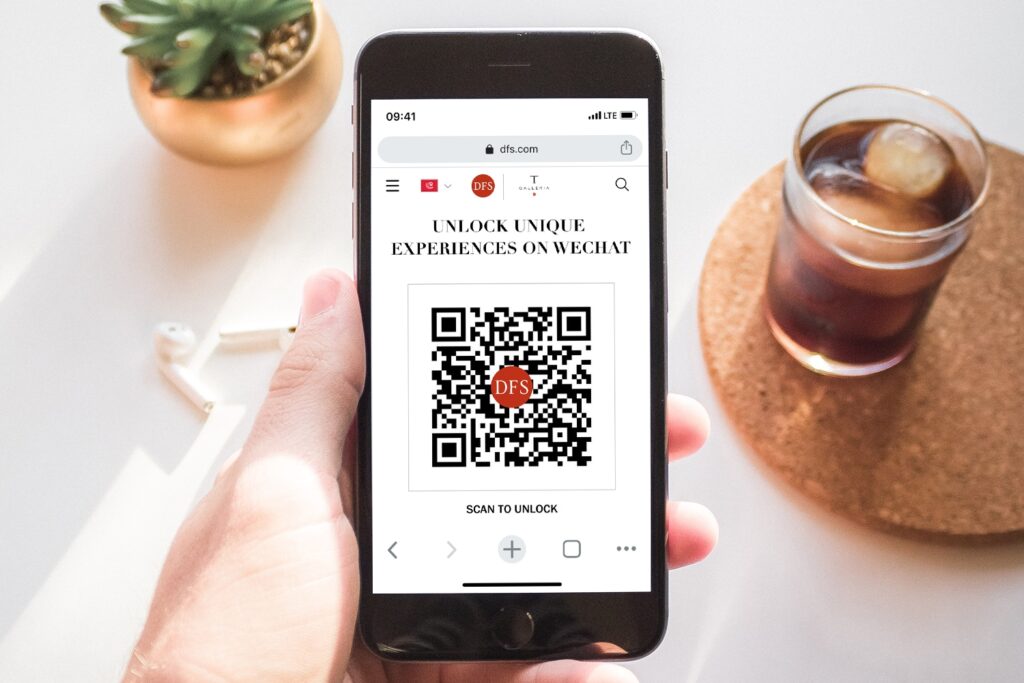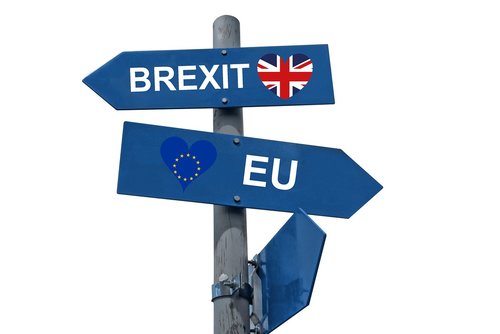Airport retailers are looking for omnichannel strategies that work in their unique physical marketplace.
Having a laser focus on passenger data, reconsidering their own digital assets such as loyalty programmes, will enable them to have more frictionless appeal for shoppers as global travel resumes.
While it has been widely reported that the Covid-19 pandemic has accelerated e-commerce shopping habits for consumers, it remains to be seen how many companies are keeping up with new digitalisation expectations and the more pressing matter of investing in robust, longer-term digital strategies.
The travel retail world is slowly recovering, as airports start to reopen and flight corridors resume. There’s even promise of on-the-spot coronavirus testing at London Heathrow Airport for destinations Hong Kong and Italy, which should prove there is an appetite for this type of service, even with its £80 cost.
This new normal for Covid-enduring flight travel means consumer confidence could rise sooner than expected. Along with meaningful statistics such as IATA’s report that since the start of 2020 there have been 44 cases of Covid-19 transmission associated with a flight journey, over which time 1.2bn passengers have travelled, there is hope that loyal passengers should start to return to the business of flying in higher numbers than currently. The latest IATA data suggest that global PAX levels won’t return to pre-Covid-19 levels until at least 2024, so any acceleration on that figure is good news.

We’ve seen 10 years of e-commerce growth happen in just three months, according McKinsey’s latest report, Retail Reimagined: the new era for customer experience. The report highlighted how between 12-21% of consumers in the US, UK, Germany and France said they had switched to brands that sent them relevant messages or promotions in their preferred channel.

Time for change. But how to deliver on those new omnichannel expectations? ‘With customers eager to try other brands and stores, it’s now more important than ever that digital experiences be truly zero friction. Companies need to develop an underlying consumer-loyalty strategy that transcends the “earn and burn” discount programmes of the past. The evolution to next-generation programmes is essential for boosting customer engagement. Programmes that balance monetary rewards with experiential offerings designed to make consumers feel special and recognized (such as exclusive events, early access, unique discoveries) can provide real added value,’ says the report.
“Loyalty marketing enables more direct sales”
As Kian Gould of e-commerce specialist AOE highlighted in March to DFNI, airlines’ loyalty programmes should be a focus for growth in 2020. “We can see this from [airline] customers where we’re already live – those that have home delivery in place, are capable of continuing to sell. Loyalty marketing enables more direct sales; airlines are shifting from in-flight to e-commerce and during the pandemic it has been a helpline.”
Airports bolster e-commerce to drive loyalty
Hong Kong InternationalAirport has used the period of reduced passenger numbers to work more closely with its retail partners to bolster it e-commerce offer. “We have been proactively working with the airport tenants to leverage our online shopping platform, ‘HKairport Shop’, to generate sales, Cissy Chan, Executive Director, Commercial, Airport Authority Hong Kong (AAHK) told TRBusiness.
“We are in the final preparation stages of launching our own loyalty programme under ‘HKairport Rewards’.
“Shoppers and diners will receive rewards for repeated patronage, she explains. “Through better understanding the preferences of individual passengers, we aim to tailor unique and personalised experiences at every step of the passenger journey.
Changi Airport Group has also changed its retail remit to forge new passenger relationships, according to Too Chew Hoon, Senior Vice President of Airside Concessions. Changi Airport’s e-commerce platform, iShopChangi, has become an important sales channel, she told DFNI. “From April, we started offering a selection of more than 9,000 products to non-travelling Singapore residents. In doing so, we continued to remain competitive as a business and relevant to consumers. It also allowed us to acquire new customers and maintain mindshare.”
Aeroports de Paris says it plans to increasingly focus on loyalty promotions across physical and digital operations. “Loyalty is an important tool, we want to always communicate to our customers before they arrive at the airport,” says Customer Division Director, Mathieu Daubert. “This helps us to send new promotions they like, and we can communicate new openings and promotions. One of the most interesting shopping behaviours is that the average basket of our My Paris Aeroport members is around twice that of French customers. So, we can see the loyalty programme works well to increase average basket value.”
Travel retailers invest in digital reach
LVMH-owned travel retailer DFS has strengthened its digital partnership with WeChat during the pandemic in order to create a more efficient and streamlined service for customers. Four new WeChat programmes are now part of the DFS digital ecosystem: the DFS E-Shop, a Loyal T new member sign-up service, Scan & Go and a Customer Connect Hub designed to keep shoppers engaged after their purchase.
Pre-departure, in-location and post-departure are the retailer’s three key pillars for enhanced customer experience. New initiatives include the ability to browse without visiting a physical store by using the DFS E-Shop Friends and Family WeChat platform where a user can checkout and pay before designating someone else to collect the item; there’s also the option to use Scan & Go which let’s shoppers convert their mobile phone into a POS system to checkout and pay. And DFS has created a dedicated WeChat-hosted Loyal T members scheme which unlocks a host of digital retail experiences for loyalty members.

The Shilla Duty Free relaunched its online rewards programme for 2020 as Global Shilla Tipping. The global roll out saw the South Korean retailer launch new multi-language services (Chinese, Japanese and English) as it eyes a wider overseas customer base.
During the pandemic Shilla Tipping started holding brand focused online events or Brand Weeks, that are in collaboration with the KOLs that make up the core user base of the Shilla Tipping platform. The events are designed to increase awareness and revenue for brand partners such as beauty companies The Estée Lauder Companies, L’Oréal Group and LG Household & Health Care that can launch dedicated brand campaigns throughout the week via KOLs.
Every brand which participates in a Shilla Tipping Brand Week event is satisfied with their results, as most of the partnership cases with international brands record double-digit growth in sales with more than 1 million impressions in one day and over 9 million in one week. A typical Brand Week campaign can see product sales increase by 93.8% on Shilla Tipping only, and 27.2% on Shilla Online Duty Free, according to a spokesperson for the retailer.
Dufry has long had a significant focus on omnichannel. In early October, the biggest global travel retail operator joined forces with Chinese e-commerce giant, Alibaba to boost its digital prowess further.
Meanwhile, digital agility is key, Andrea Belardini, Chief Commercial Officer told The Moodie Davitt Report.
“In a nutshell, we as an industry need to further raise the retail quality we offer to our customers and leverage our unique advantage of having a captive audience.
“This can be achieved through several elements – be it the product itself, digitalisation and online services, further evolution of the shop layouts, or the testing of new displays and the overall product presentation. All of these will help create that unique experience which drives impulse buying.
“At the same time, for customers who tend to plan their purchasing before travelling, we need to further simplify and facilitate the omnichannel concept by fostering more frequent interaction points at different moments of their journey. This is also a great asset we can offer to our brand partners, to improve their brand recognition through our loyalty programme RED, our Reserve & Collect service, and our social media platform Forum.”
Echolution takeaway: What’s clear from all these examples of enhanced digital strategies, is that airports, airlines and travel retailers are thinking about how a greater understanding of customer data can lead to deeper levels of engagement through loyalty schemes. And the more frictionless it is, the better.
*Echolution has partnered with travel retail journalist and blogger, The Retail Planner, aka Alison Farrington, for a series of market reports and data insights blog posts. She will be sharing industry trends to watch and highlighting some of Echolution’s case studies.




